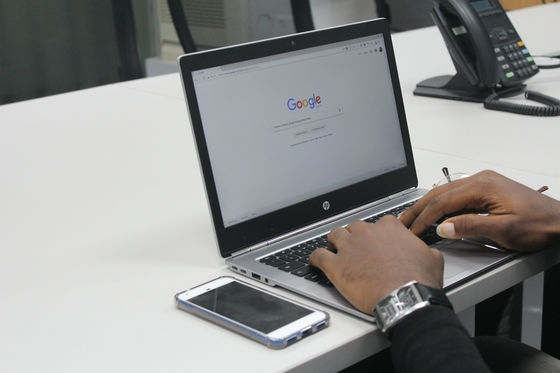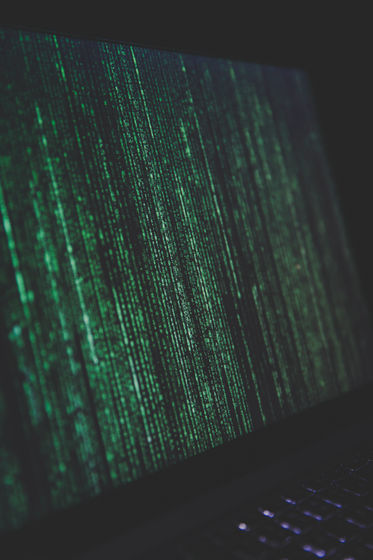Google has deleted the corresponding link from the search result in order to close pirated content

There are many so-called "pirated contents" that are copied without permission to the copyright owner on the Internet. To close out these pirated contents from the Internet, it is clear that Google has deleted links to pirated content from the search result page of search engines.
Google Blocks Pirate Search Results Prophylactically - TorrentFreak
https://torrentfreak.com/google-blocks-pirated-search-results-prophylactically-180103/

It is enforced in the USADigital Millennium Copyright Law(DMCA), an internet service provider who received an action for infringement of rights from the copyright owner is required to delete the corresponding content. According to this system, Google is handling the deletion request from more than 3 million copyright owners on average a day. Of course, this "3 million cases" shows only the number of work of deleting links for search engines provided by Google.
In recent years, much debate has been done on the effectiveness of this system, but we insist that Google is always effective. The American Lawyers Association publication "LandslideCaleb Donaldson, Google copyright lawyer on an article written in the article, "DMCA provides Google and other online service providers with the legal certainty necessary for growth" I write it.

byBenjamin Dada
What we do when we receive a delete request is not just to delete the link. Because domains for which deletion notifications came are used as information to demote, websites that received many deletion notices are ranked lower in the search results page of Google search. It seems that these tasks may be expanded and supplemented by artificial intelligence (AI) in the future, "If AI can learn from vast amounts of data, it will use copyright infringement We will be able to advance the battle more smoothly, "says Donaldson.
AI is now a word that has quite a broad meaning, but Donaldson does not write detailed ideas on "how AI fights against pirated content?" However, it is easy to guess, for example "TorrentFreak wrote," It might be possible to utilize AI when filtering content. "
Also, in 2017, Google processed deletion notifications for links not registered in search engine indexes. It seems that the side who made the deletion request assumed that an error will be returned, but it seems that Google processed the link in the same way as other deletion notifications. How you handled unlinked links is "Processing these URLs (those not included in Google's indexes) in the same way as other processes the unregistered links About how to do Donaldson says, "We treat these URLs (those not included in our index) in the same way as other.When approving deletion of one of the URLs not registered in the index, the URL We will block it from appearing in the search results (in the future) and we will also implement all additional deterrence measures. " In other words, Google also blocks URLs that are not displayed in search results against pirated content. About this process TorrentFreak is described as "vaccine of pirated content".

byMarkus Spiske
From these facts, it is clear that AI and positive filtering are becoming increasingly common. However, we are also looking at the possibility of abuse of the system, and if you believe that the notice is wrong, fraudulent or misused, orFair use, Or if copyrighted content is properly used by some other rules, we are going to postpone dealing with deletion notifications.
Related Posts:
in Web Service, Posted by logu_ii







